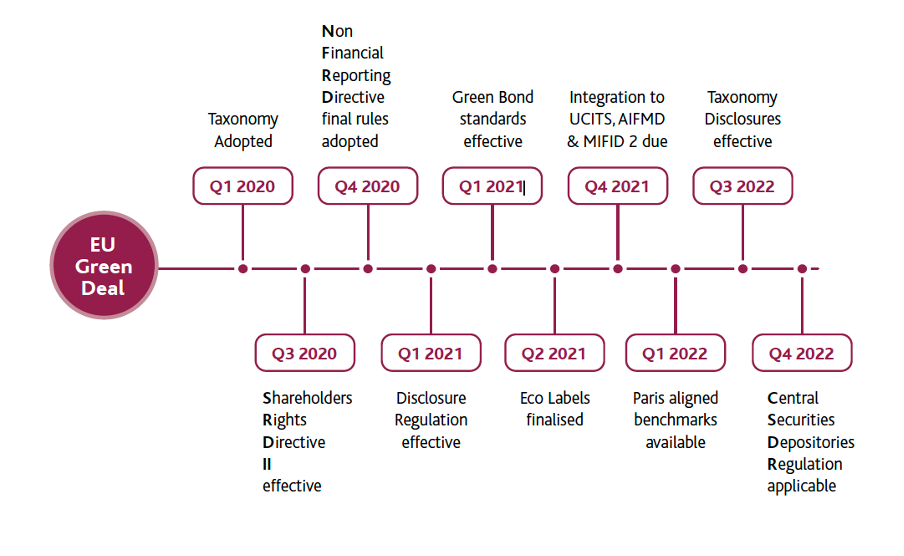Environmental risks account for three of the top five global risks affecting humanity, according to the World Economic Forum. The combat against climate change can only be successful if every country, company, government, and household is prepared to contribute to achieving a low-carbon global economy. Inaction on climate change is more expensive than action.
Governments cannot finance these goals alone, and that is where the financial sector has a major role to play. By committing to sustainable finance, the financial sector is a crucial multiplier in re-distributing capital to where it is needed most and where finance can play a key role in the transition to a net-zero carbon, climate-smart, and sustainable future.
But sustainable finance is about more than just climate change. It is about financing a future where businesses act for the benefit of all stakeholders, not just their shareholders. The Covid-19 pandemic has put the sustainability of our global economy in sharp focus, and with it the question as to how finance can play a bigger role in creating a sustainable economic future.


Luxembourg is determined to meet the Paris Agreement and UN Sustainable Development Goals. It has in place a comprehensive domestic sustainable finance agenda and meets its UN commitments, consistently contributing 1% of its GDP to development aid.
Luxembourg has made the development of sustainable finance activities a top priority, as reiterated in the most recent coalition agreement in 2018.
As one of Europe’s leading international financial centres, the Grand Duchy is today recognised as an ideal platform to assist companies, governments and investors around the world to meet their sustainable development targets.
Second green financial centre in the world (GGFI 2021)
Leading home for EU responsible investment funds
Largest Green Bbond market in the world
